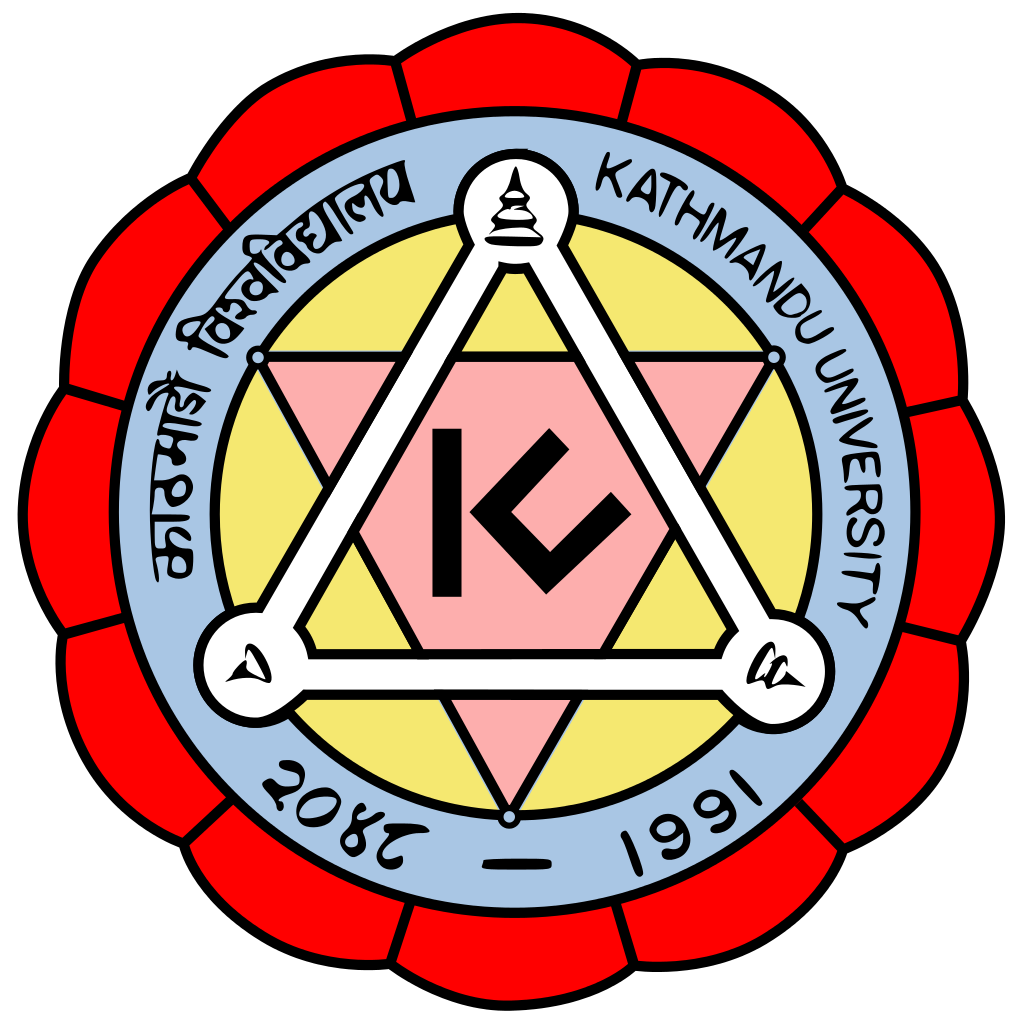KU School of Management
KUSOM has been engaging with the community for a long time and has made continuous efforts to protect the most vulnerable sections of Nepalese society. With the vision to connect people, promote shared learning goals and collaboration, the four departments of KUSOM have been involved in social transformation and the development of managerial skills in the community. All four departments have helped materialize KU’s community engagement and equity initiative. Apart from the ongoing community reformation and engagement with the local/rural enterprise, KUSOM has a much bigger aim to contribute to the policy formation, implementation, and evaluation of the policy ecosystem. Each department has led its efforts to engage with the community and contribute to the various aspects of society.
Representatives of the school
- harigopal@kusom.edu.np: Department of Finance, Economics and Accounting
- binod@kusom.edu.np: Department of Marketing and Entrepreneurship
- hrk@ku.edu.np: Department of Management Informatics and Communication
- purna@kusom.edu.np: Department of Master of Public Policy and Management (MPPM)
Department of Finance, Economics, and Accounting
The department has involved students in community development initiatives. It has led its effort to produce a self-reliant society, prioritize income generation activities, and business growth in all seven provinces of Nepal. Associating with the communities, municipalities, the department has involved farmers, entrepreneurs, potential investors, and local governments in almost every initiative. The department has collaborated with Choice Humanitarian Nepal, Finance Club, MUNAA, National Cooperative Federation, and local governments to engage in community activities. The department has involved students and other people in the community in training, workshop, and research activities which have helped the people in the community to be skilled and along with the students.
Department of Marketing and Entrepreneurship
The department has emphasized the rural enterprise development in Sindhupalchowk and Lalitpur districts. The department has set up Seto Ganesh Guthi – Renovation Project in Lalitpur. Similarly, it has built KUSOM Community Business Lab in Lishankhu Pakhar Village Sindhupalchowk. The department has involved local government, wards, municipalities in all of its initiatives. Without any external help, the department has initiated 15 rural enterprises and has even widely improved their business through local resource mobilizations. Involving students as a field assistants in the temple and the guthi ghar renovation, the department has led to improved group cohesiveness and income generation among the local people.
Department of Management Informatics and Communication
The department has played an exemplary role in the enhancement of teaching-learning activities in Kavre and Nawalpur. For instance, the department has led a key role in school improvement initiatives in Siddhartha Vanasthali Institute, Panauti, and Vijaya Samudayik Shiksha Sadan, Gaindakot. With a number of training sessions, orientation to new pedagogies, workshops, incentives, and motivation, the department has focused on technical literacy. These activities have increased student intake, teacher motivation, and enhancement of teaching-learning activities.
Department of Master of Public Policy and Management (MPPM)
As the name suggests, the department of MPPM has paved the way towards the foundation of the Policy Outreach Centre by contributing to the formulation of the KUSOM Policy lab. The department has worked for strengthening and institutionalizing public policy and management education. It has also run various programs like Tomorrow Policy Leaders Dialogue (TPLD), Educational Partnerships for Innovation in Communities (EPIC). As a result, policy analysis, policy advocacy, social justice activities were carried out in many municipalities and communities. Partnering with IM Swedish, USEF Nepal, KMC-CPC, Harvard EPoD, and Brandeis University Heller School of Social Policy and Management, UNDP/PLGSP/MOFAGA, Department of MPPM has involved Policy Community and Larger Policy Ecosystem as its stakeholders. The program has rightly established as KUSOM MPPM as a credible policy think tank and the center of excellence for ‘University for System Transformation’ and ‘University for Social Transformation’.
